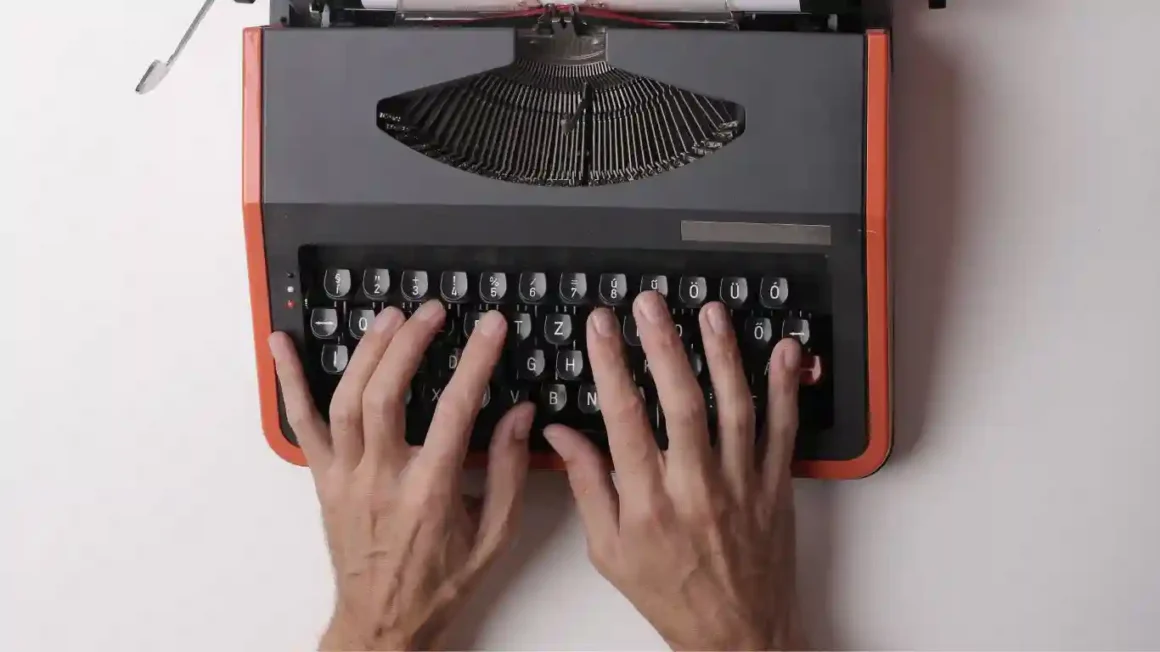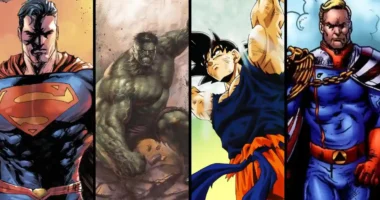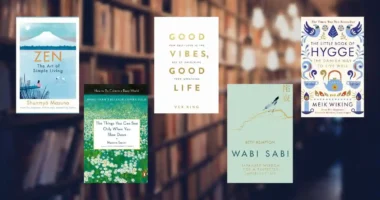While we are confined to our homes, we can engage in a passion or pastime that we may have put off because of the stress and busyness of daily life, work, traffic, getting the kids ready for school, helping them with homework, managing a business, etc. If writing is one of your hobbies and you want to use this time to finish the novel you’ve been working on for over two years so, you can have your creative thinking with great skills. If a novel’s opening captures the reader’s attention and establishes the scene for the drama that will follow, the book’s conclusion must wrap up that plotline and satisfy the reader as to what happened to the characters. Because of this, mastering novel endings is essential to your long-term success as a writer. There are 9 Types of Ending In a Novel or Story which are as follows:
9 Types of Ending In a Novel or Story
The circular ending
This is a narrative that completes a full circle before starting over. Irony and mockery are possibilities with this kind of conclusion. The disparity between the way things are and the way they either ought to be or the way we wish they were can be seen as the reader is invited to compare the before and the after. The contrast, whether bitter or sweet, is obvious.
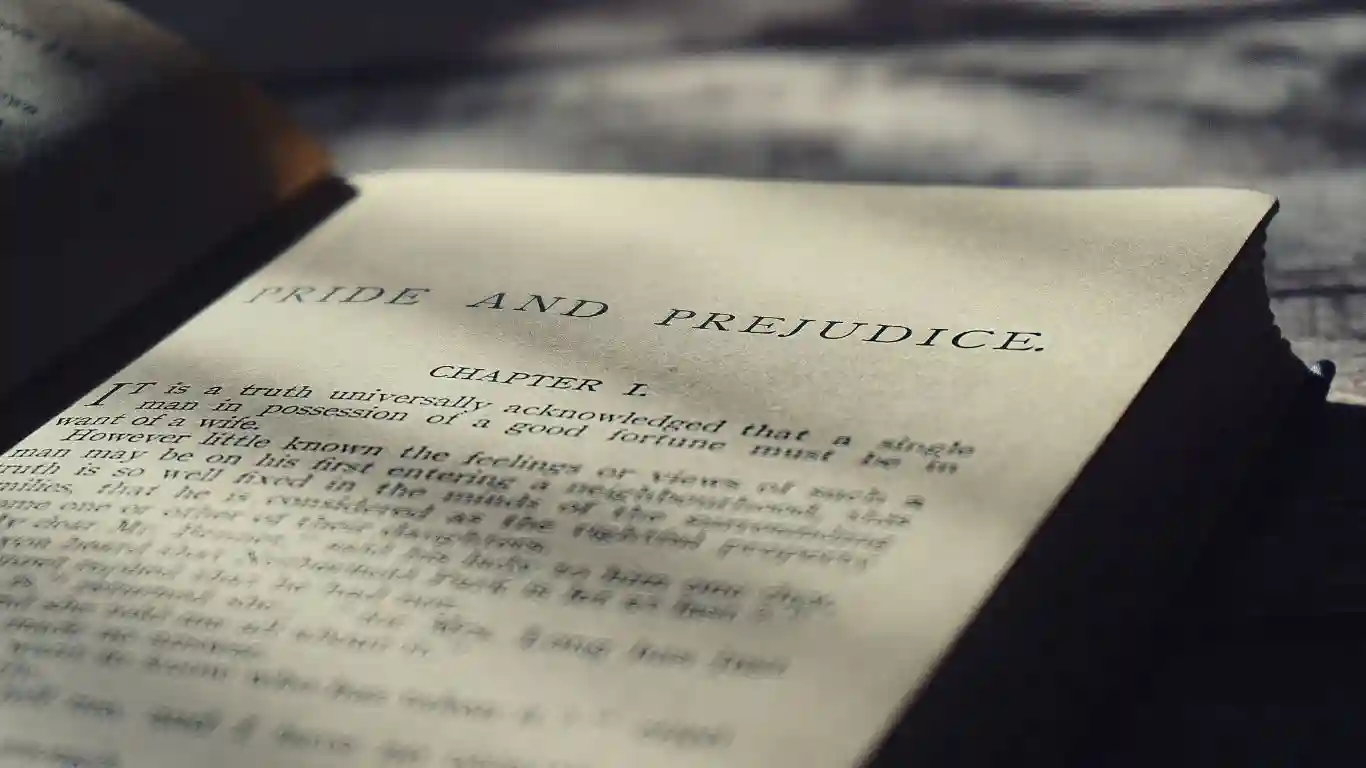
The surprise ending
It is the point in the narrative where the plot leads us astray. These kinds of endings, when done well, can make a book stay in the reader’s mind for years. The audience’s impression of the events that came before may change if the finale is unexpected. Additionally, it might usher in a fresh conflict that changes the setting of the narrative. The secret to pulling off this kind of finale is subtle misdirection.
The reflection ending
The character examines all that they have accomplished, experienced, and endured in the reflection ends. This kind of conclusion enables the character to reflect more deeply on the events of the story. It aids them to take some time to consider their most profound emotions regarding the experience and may even lead to the development of one or more new and unexpected insights.
The humour ending
The humorous conclusion makes the reader laugh out loud at a sentence or a story-related inside joke. It’s crucial to consider your own sense of humour before writing such an ending and how you want to use it to create a humorous conclusion.
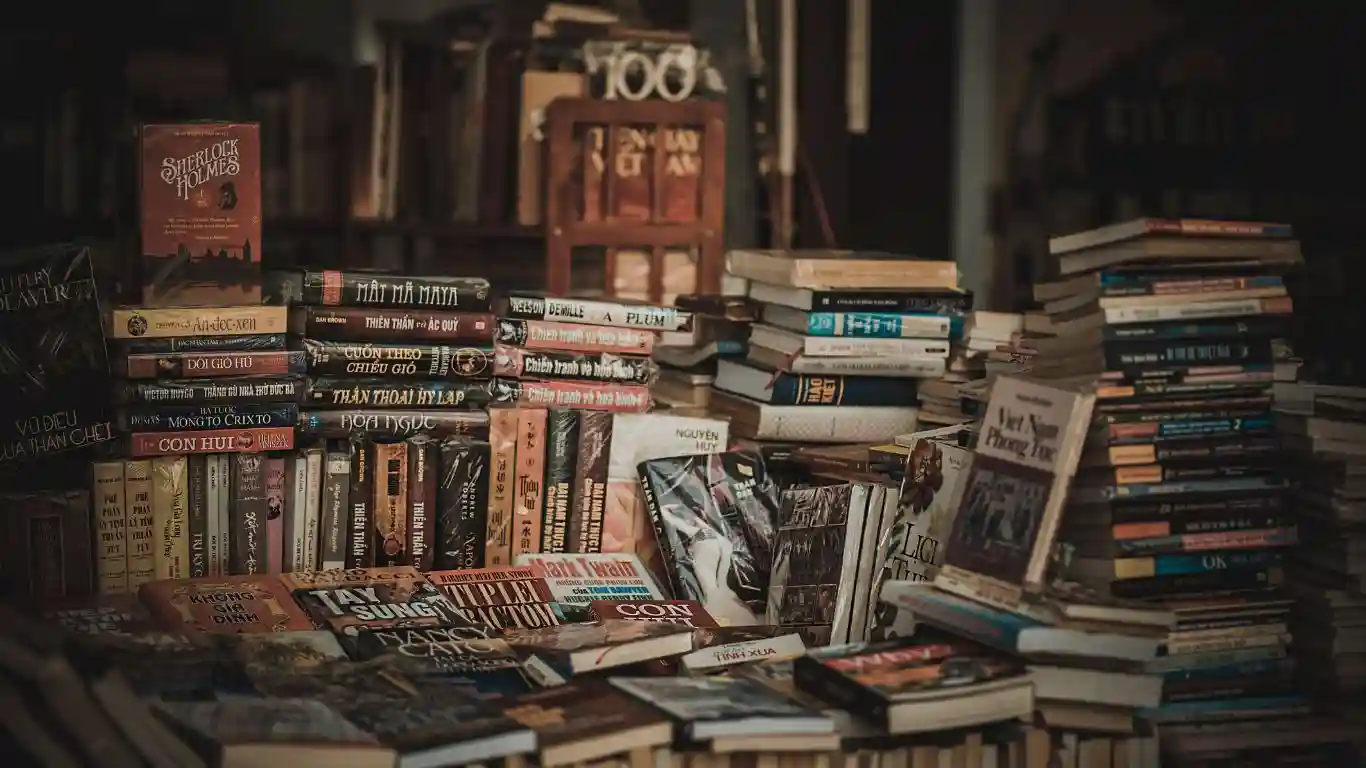
The moral ending
The moral conclusion shows the characters’ development throughout the book and how far they have come.
This kind of conclusion enables even the reader to gain valuable life lessons from the characters. Identifying the precise moral of your story is the most challenging aspect of the moral finale. Consider your characters, ‘ aspirations and goals as well as how they change as the story progresses.
The capturing emotional ending
The reader is left feeling emotionally invested in the characters and the plot, whether that emotion is joy or sadness. Before you can write a conclusion that will elicit strong feelings in your readers, you must understand why it is crucial that they be involved.
The cliffhanger story
The cliffhanger conclusion, which is popular in the novel series, keeps the reader on the edge of their seat. This kind of story delivers an oddly abrupt conclusion. It creates suspense and raises questions that compel the reader to return and find out what transpired.

The question ending
It’s the ending that makes the writer, reader or sometime listeners wonder what’s next. If you want the ending to be memorable, ending with a question is an effective strategy, try different questions to see what works best.
The dialogue ending
It is an ending that ends with a character’s dialogue. Ending the story in this way allows the reader to feel connected to the characters because they share the ending of the story rather than the author.
Also Read: Unfair Characters from Comics with Too Much Power

